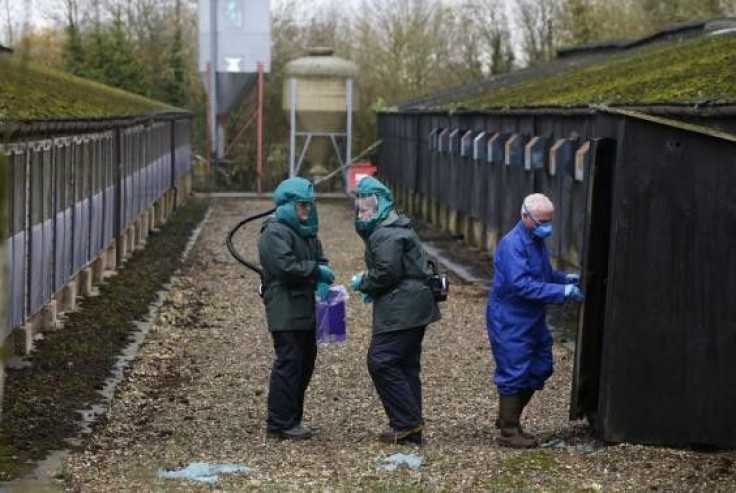Avian Flu Outbreak Hits Europe

Avian flu of unknown strain infected a duck farm in England on Monday, just days after the European Commission initiated countermeasures to contain the outbreak in Dutch poultry.
Although the strain is of low risk to humans, authorities had to exterminate the affected poultry and ban export of products from this region. Protective zones were set to prevent the flu virus from spreading to other states. According to The Guardian, Environmental Secretary Elizabeth Truss assured the public that government is handling the disease situation seriously.
Britain's Department for Environmental, Food and Rural Affairs have stated that the bird flu strain found in the Yorkshire farm is only contagious in birds and the public need not worry about the food chain security. It is a highly pathogenic H5 strain of avian flu, but it is not the harmful H5N1, which killed more than 400 people in the Middle East and Asia since 2003.
A few weeks ago, bird flu of the H5N8 subtype was found on farms in Germany. It is the same strain seen in Dutch poultry. Health officials have not so far concluded the correlation of the outbreaks in British and Dutch areas. Also, the outbreak may have been brought to Europe by migratory birds from Asia, particularly in South Korea where massive slaughter of farm birds were done to contain the outbreak earlier this 2014.
Locals witnessed how thousands of poultry produce had to be sacrificed, but they agree that public health is of utmost concern. According to BBC News, it was a traumatic and stressful day at the farm. Dutch authorities culled 150,000 hens and disposed truckloads of eggs in a village in Hekendrop. Around 6, 000 ducks were destroyed in the premiere British farm as well.
The short-term trade restrictions would definitely affect agribusiness. The Netherlands ranks second in agricultural produce export worldwide. Six billion eggs are sold to domestic and foreign market annually.
In September, Reuters reported first cases of H5N1 virus infected poultry farms in Southern Russia. 374 birds were culled to contain the outbreak.
The European Commission has been informing European Union member states and other countries about developments in the disease containment measures.






